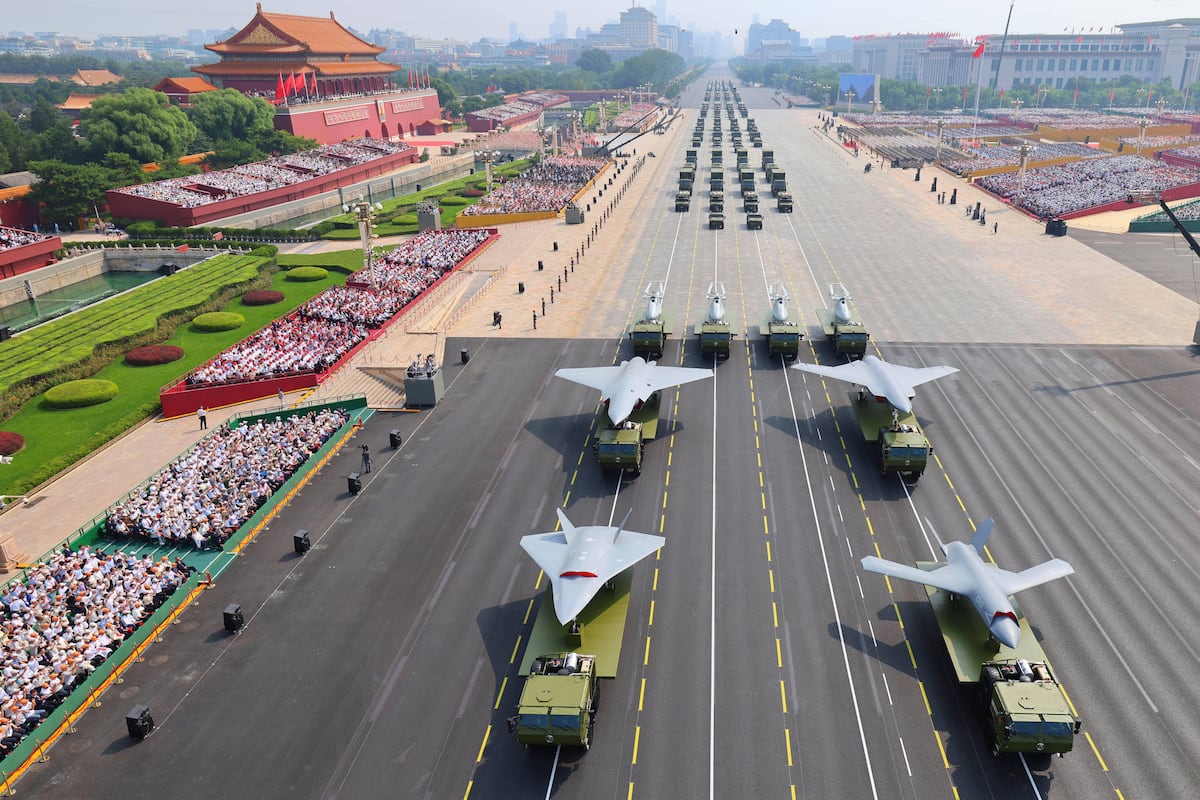Increased Support for Ukraine: Implications and Strategic Insights
Context of the Meeting
Recently, former President Donald Trump met with Ukrainian President Volodymyr Zelenskyy during the United Nations General Assembly. This meeting marks a notable shift in Trump’s public support for Ukraine amid ongoing military aggression from Russia.
Trump’s Affirmation of Ukrainian Resilience
In a social media post following their discussion, Trump expressed confidence in Ukraine’s ability to reclaim its sovereign territory. He stated:
- “I believe Ukraine, with the backing of the European Union, is poised to fight and successfully regain all of its original territories.”
- He emphasized that with adequate time, patience, and substantial financial assistance from Europe and NATO, returning to the pre-war borders of Ukraine is a viable goal.
This declaration stands in stark contrast to Trump’s earlier projections, which suggested that Ukraine might not recover all the territory lost since Russia’s annexation of Crimea in 2014.
Impact on Zelenskyy and Ukrainian Defense Strategy
Zelenskyy considers Trump’s renewed support as a critical diplomatic victory. He has consistently urged U.S. leaders to maintain pressure on Russian President Vladimir Putin to cease hostilities. The marked shift in Trump’s rhetoric aligns more closely with Ukraine’s strategy, reinforcing Zelenskyy’s position both domestically and internationally.
- Zelenskyy referred to Trump as a “game changer,” acknowledging the intangible yet significant impact of U.S. leadership on the conflict.
Critique of Russian Military Operations
Trump critiqued Russia’s military conduct, asserting:
- “Russia has been engaged in a conflict that should have been swiftly resolved; their prolonged engagement reveals a significant weakness—a ‘paper tiger’ status.”
This perspective reflects a broader narrative, suggesting that Russian leadership is failing to achieve its military objectives in Ukraine, casting doubts on its overall efficacy.
Sanctions and Economic Consequences
While addressing the General Assembly, Trump reiterated that the Russian economy is in dire straits, which he characterized as the “biggest progress” toward resolving the conflict. He suggested a robust framework for sanctions, urging European nations to cease imports of Russian oil and gas, which he views as integral to crippling Russia’s war efforts.
Key points include:
- Ongoing calls for European countries to accelerate sanctions against Russia.
- Trump indicated a willingness for the U.S. to implement additional tariffs on Russian imports if negotiations for peace continue to falter.
European Perspectives and Cooperative Efforts
European leaders, notably European Commission President Ursula von der Leyen, have indicated that the EU is prepared to escalate sanctions proportionately while reducing reliance on Russian energy resources. The alliance among American and European officials emphasizes unified action against Russian aggression. French President Emmanuel Macron acknowledged Trump’s endorsement of Ukraine’s capacity to maintain its territorial integrity.
Current Situation in Ukraine
The ongoing conflict, which escalated on February 24, 2022, has significantly impacted Ukrainian civilians. Reports indicate:
- An increase in civilian casualties by 40% in 2024 compared to the previous year due to intensified strikes.
- Allegations of torture and mistreatment of detained civilians by Russian forces in occupied regions.
As the situation evolves, the international community is compelled to monitor developments closely, ensuring humanitarian norms and sovereignty principles are upheld.
Conclusion and Forward-Looking Perspectives
The dialogue between Trump and Zelenskyy underscores a pivotal moment in the U.S.-Ukraine relationship, with potential implications for future defense strategies and international coalitions. Analysts and policymakers must remain vigilant as they assess the evolving landscape, characterized by shifting allegiances, economic sanctions, and the overarching need for diplomatic resolution to safeguard stability in Eastern Europe.





